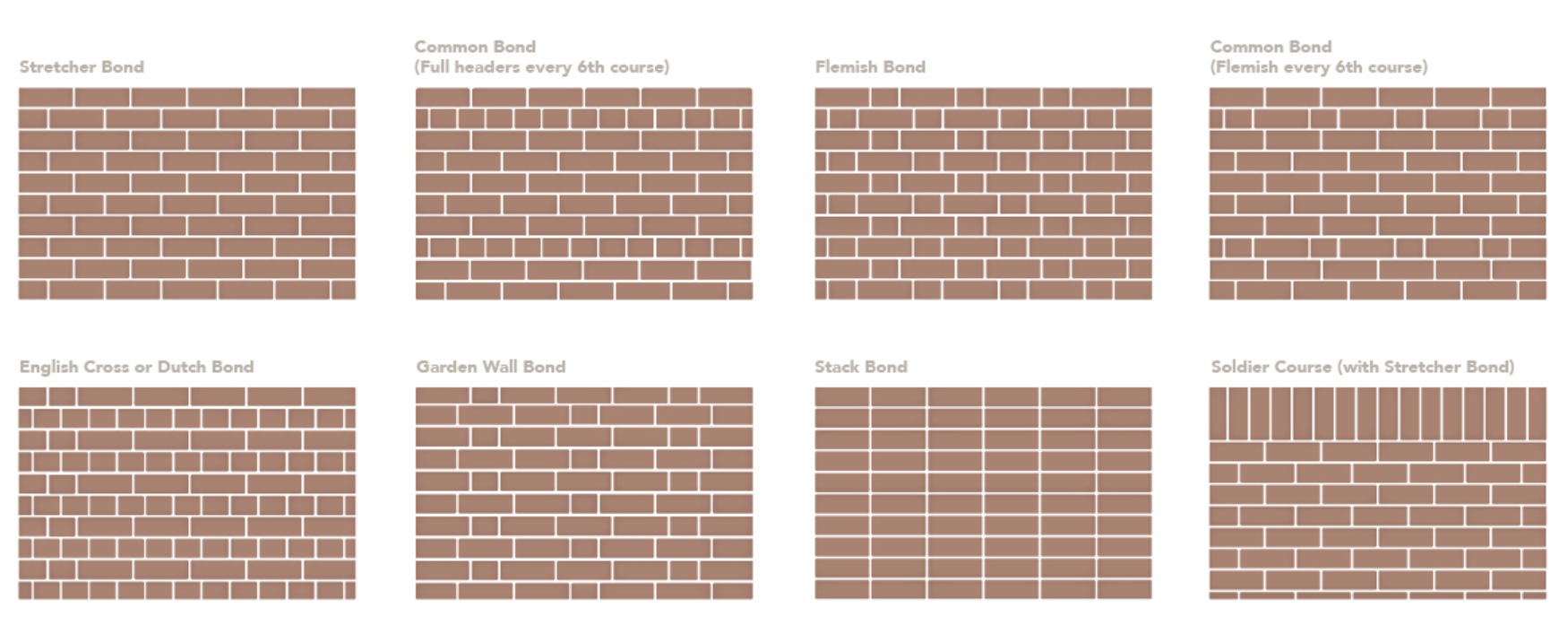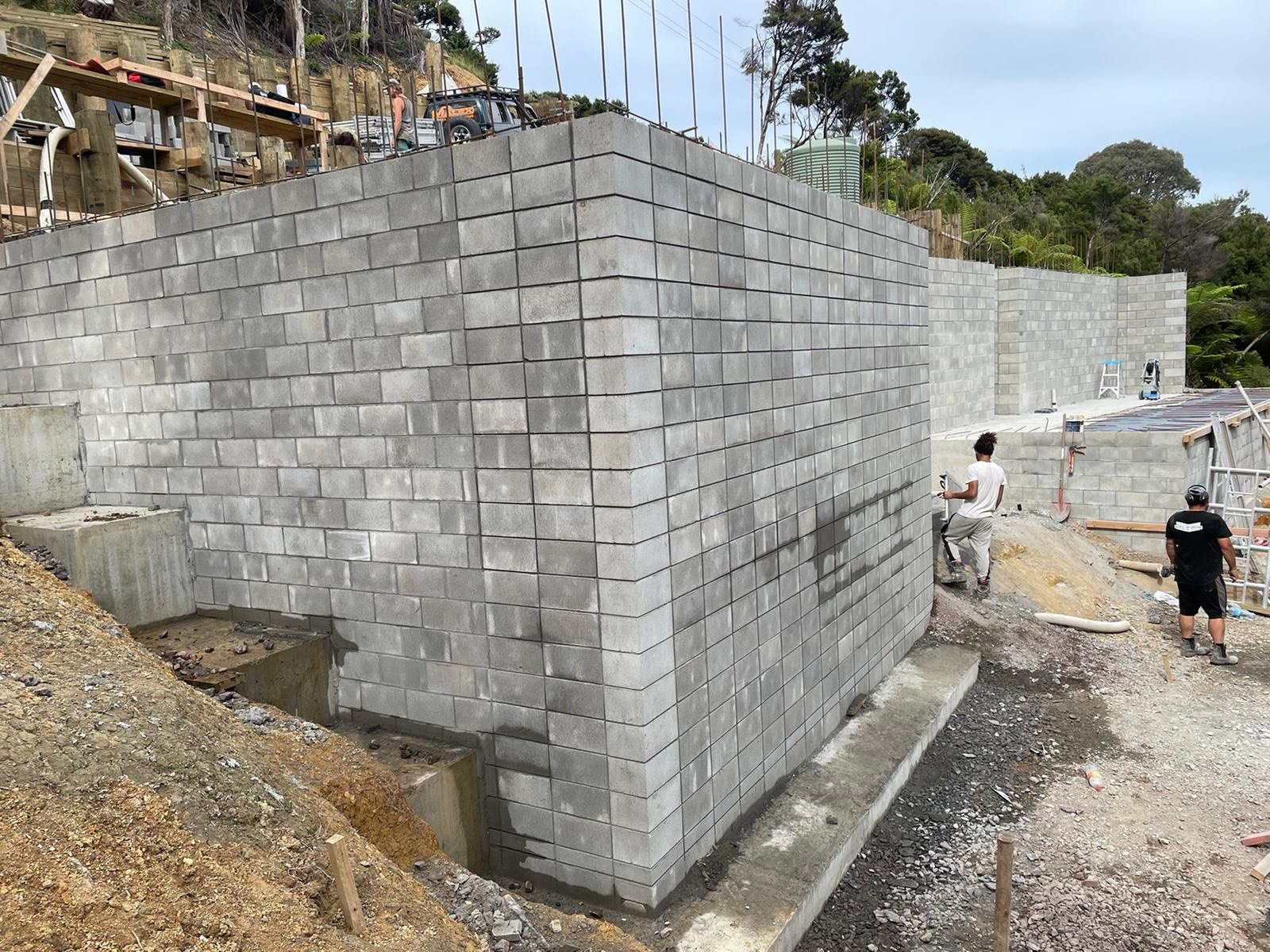Stack Bond Pattern
Stack Bond Pattern - Web the stacked pattern, also known as the stack bond pattern, is a straightforward and modern paving design where pavers are aligned in a grid with their edges perfectly lined up both horizontally and vertically. Web excluding running bond construction, the most popular and widely used bond pattern with concrete masonry units is stack bond. These design choices helped the project achieve leed silver certification. Web horizontal stacked bond the stacked bond pattern is one of the easiest subway tile treatments to install. See the illustrations below to see. For tiles 300x600 or larger only ever use a staggered brick bond as this will avoid lipping. This is a clean and classic layout for subway tiles on walls and floors. Web stack bond and running bond are two common bricklaying patterns used in construction. However, it is not a structural bond, and is usually used in interior settings (like feature walls or. Web straight set, a.k.a stack bond. Web the stacked pattern, also known as the stack bond pattern, is a straightforward and modern paving design where pavers are aligned in a grid with their edges perfectly lined up both horizontally and vertically. Web a stack bond pattern is where all the masonry units are laid with all vertical joints aligned create a grid pattern in appearance. The running bond is the most common type of brick pattern, one seen in walls and buildings all over the globe. A stack bond is the brick bond pattern to choose if you are looking to really show off and make your brick’s aesthetic qualities shine. Web in technical terms, stack bond is “any wall where the overlap of a masonry unit over the block below is less than one quarter of the length of the block.” in other words, this looks like a wall that is just stacked together in almost perfect, if not perfect, alignment. Also known as a running bond, this common brickwork pattern has each tile start at the center of the tile below it. However, it is not a structural bond, and is usually used in interior settings (like feature walls or. Block or stack bond is purely a pattern bond. This is a clean and classic layout for subway tiles on walls and floors. Web staggered bond (sometimes called stretcher bond, offset or 1/3 bond) is very similar, except the tiles overlap the tile above by at least one quarter instead of half, creating a softer, more natural look. A herring bone pattern is commonly used inside fireplaces and in pathway pavers. Web horizontal stacked bond the stacked bond pattern is one of the easiest subway tile treatments to install. Web stack bond and running bond are two common bricklaying patterns used in construction. Web straight set, a.k.a stack bond. The stack bond is made up of courses of. Web the stacked pattern, also known as the stack bond pattern, is a straightforward and modern paving design where pavers are aligned in a grid with their edges perfectly lined up both horizontally and vertically. Web in technical terms, stack bond is “any wall where the overlap of a masonry unit over the block below is less than one quarter. Web in technical terms, stack bond is “any wall where the overlap of a masonry unit over the block below is less than one quarter of the length of the block.” in other words, this looks like a wall that is just stacked together in almost perfect, if not perfect, alignment. Web the stacked bond joint tile pattern, also known. Web a stack bond construction is a pattern in which bricks or tiles are stacked on top of each other with continuous horizontal edge joints and vertical head joints. In large wall areas and in load bearing construction, it is advisable Web excluding running bond construction, the most popular and widely used bond pattern with concrete masonry units is stack. Web stack bond is just a fancy way of saying tiles that are laid straight on top of one another in columns as opposed to offset in a traditional pattern. Web a seamless brick texture with creased brick arranged in a stack pattern. Web straight set, a.k.a stack bond. Web excluding running bond construction, the most popular and widely used. This is a type of brickwork pattern where stretcher and header bricks are arranged alternately in each course. However, it is not a structural bond, and is usually used in interior settings (like feature walls or. Web staggered bond (sometimes called stretcher bond, offset or 1/3 bond) is very similar, except the tiles overlap the tile above by at least. Compressive strength is similar for stack and running bond construction. Web a stack bond pattern is where all the masonry units are laid with all vertical joints aligned create a grid pattern in appearance. Web block or stack bond. In large wall areas and in load bearing construction, it is advisable Web excluding running bond construction, the most popular and. Web a running bond, also called an offset bond, offers a slight variation on a stacked tile application. Learn more about its own set of advantages and disadvantages. The image represents a physical area of 1350 x 1050 mm (53.1 x 41.3 inches) in total, with each individual unit measuring approximately 215 x 65 mm. Web stack bond and running. Web a stack bond construction is a pattern in which bricks or tiles are stacked on top of each other with continuous horizontal edge joints and vertical head joints. Learn more about its own set of advantages and disadvantages. Emphasizing the vertical aspect of masonry, a horizontal stacked (or stack) bond can be created with either stretcher or header bricks.. Bonder units are available, they may be used. The first pattern we’re going to cover is stack bond. In this tile pattern, each tile is placed at half their width, so that the middle of one tile is aligned over the ends of the two tiles beneath it. Web a running bond, also called an offset bond, offers a slight. However, it is not a structural bond, and is usually used in interior settings (like feature walls or. Block or stack bond is purely a pattern bond. The first pattern we’re going to cover is stack bond. The herringbone bond resembles a zigzag pattern. The joints are filled with mortar and are 10 mm (0.4 inches) in width. Web the stacked bond joint tile pattern, also known as the straight set or grid pattern, is simpler than the last pattern. Opt for the simplest of all tile patterns, consisting of horizontally oriented tiles stacked directly on top of each other so that. In large wall areas and in load bearing construction, it is advisable The running bond and the stack bond. Bonder units are available, they may be used. Joints are not staggered between courses. In this tile pattern, each tile is placed at half their width, so that the middle of one tile is aligned over the ends of the two tiles beneath it. Web stack bond is just a fancy way of saying tiles that are laid straight on top of one another in columns as opposed to offset in a traditional pattern. A herring bone pattern is commonly used inside fireplaces and in pathway pavers. See the illustrations below to see. This creates a uniform, organized look that exudes simplicity and contemporary style.Vertical Stack Bond, curved column, Salisbury Brick architecture
Best Paving Patterns and Pattern Ideas Trust APC For All Paving
Best Paving Patterns and Pattern Ideas Trust APC For All Paving
Common Brick Laying Patterns
New Mexico Modern a blog by Modern Dwellings What is a Stack Bond?
Common Types of Brick Bonds Used in Masonry
Brick Bond Patterns PGH Bricks
Running Bond vs. Stack Bond — Bowman Construction Consulting, PLLC
Brick Bonds and transforming your brickwork Brick and Stone
StackBond Concrete Masonry Block and Plaster Auckland
You Can Lay This Type Of Pattern With Virtually Any Size Of Paving Stone, As Long As You Only Use One Size.
Web Block Or Stack Bond.
Learn More About Its Own Set Of Advantages And Disadvantages.
Web Excluding Running Bond Construction, The Most Popular And Widely Used Bond Pattern With Concrete Masonry Units Is Stack Bond.
Related Post:

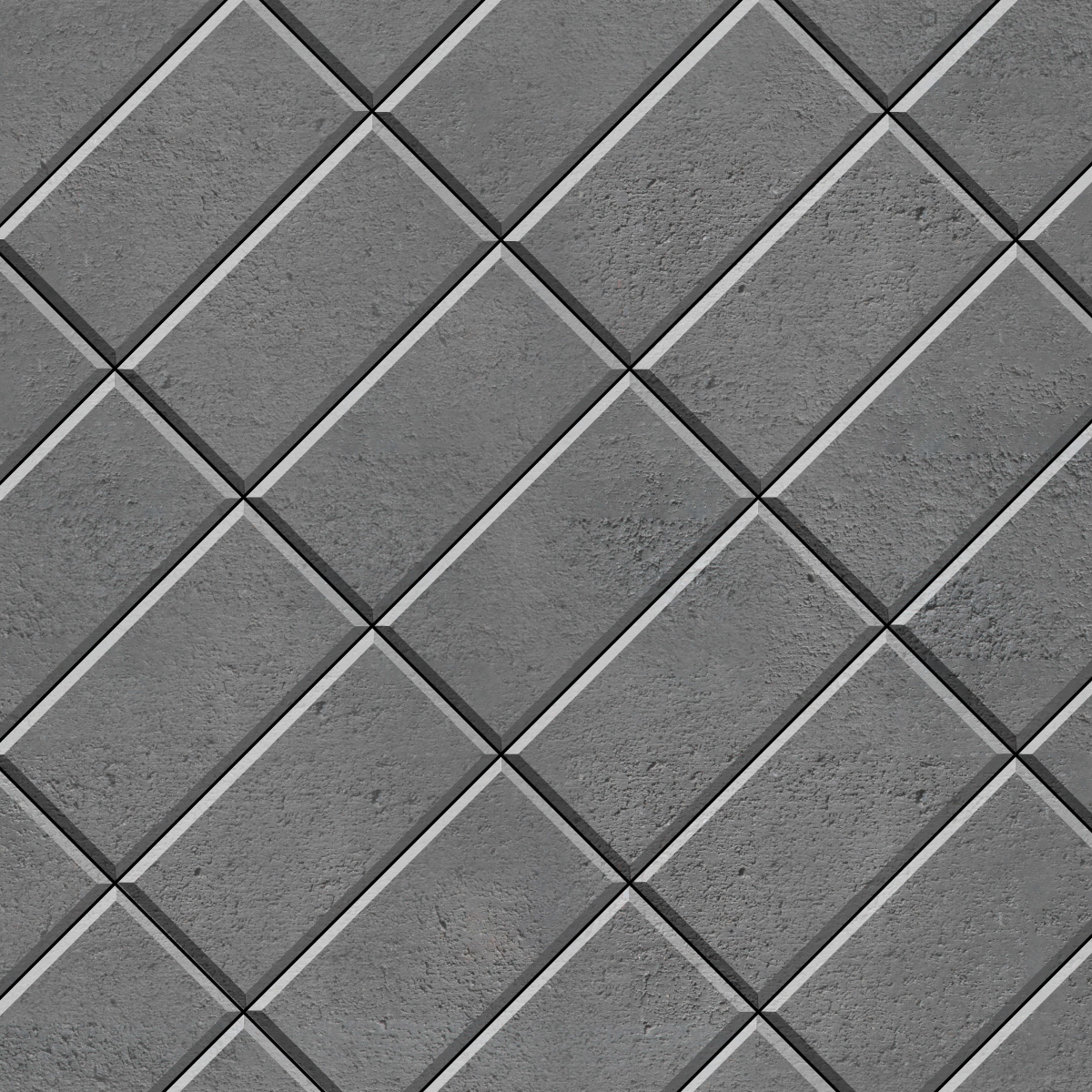
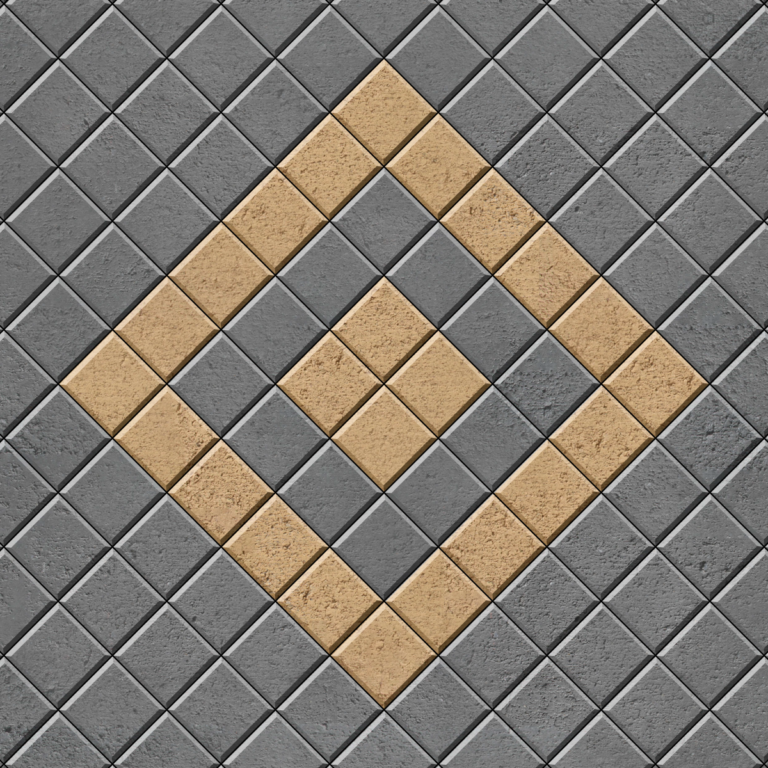
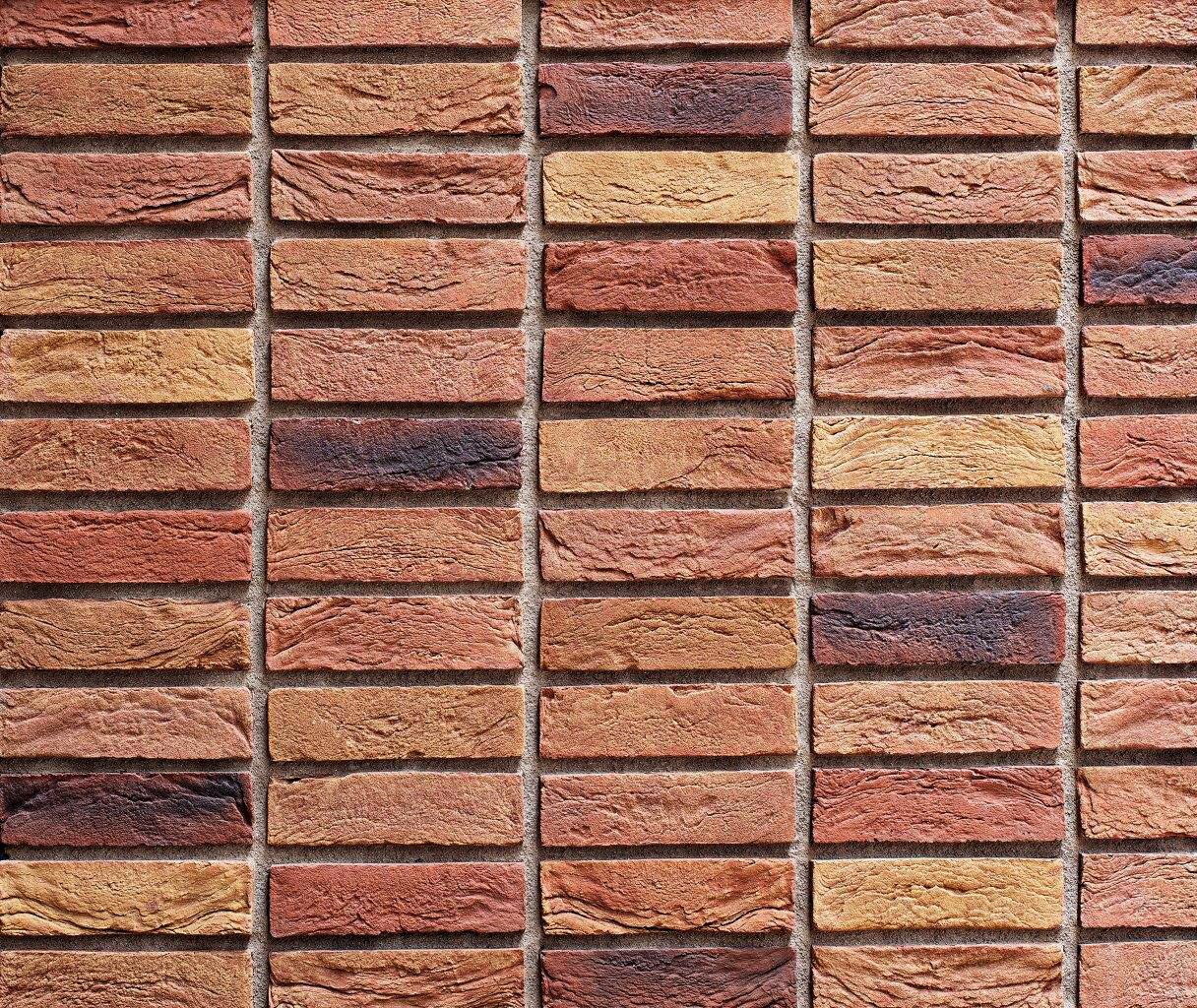
/GettyImages-165675151-574cf9523df78ccee10feffb.jpg)
